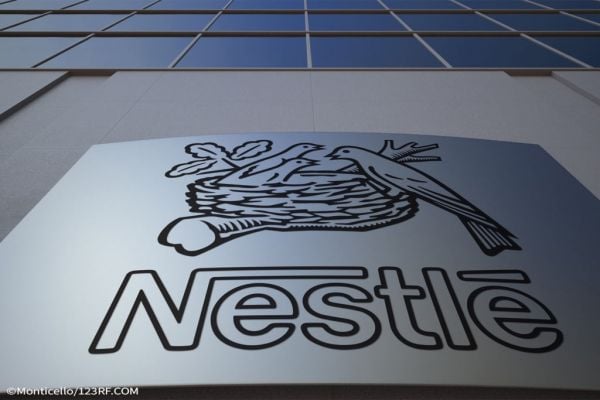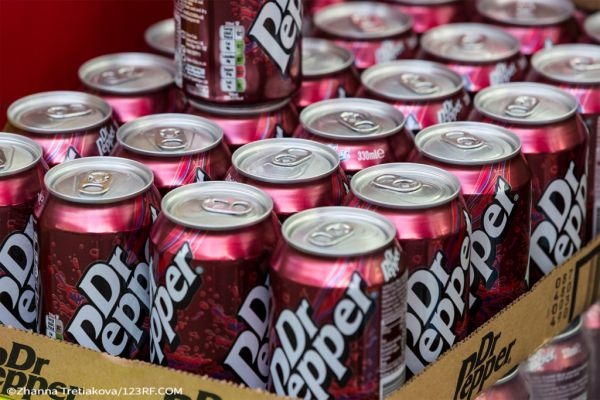Nestlé and Danone are among firms whose product prices in France have risen by more than 10% this year, data shows, potentially putting them under pressure to renegotiate with French retailers.
Finance Minister Bruno Le Maire said on 9 June he had secured a pledge from 75 food companies to cut prices.
Food industry lobby group ANIA set the following conditions for consumer companies to agree to the price cuts: that they had raised prices by over 10% during the last round of negotiations; and that their input costs fell by over 20% since 1 March.
It is not clear how many companies met those criteria, or which ones.
Whereas in most countries retailers and food producers adjust the price of products frequently, France has set by law a three-month time window where such negotiations can take place, between 1 December and 1 March every year.
Prices are then blocked for a full year, unless one-to-one deals include review clauses.
French Prices
The French prices of products made by Nestlé, the world's biggest food company, and Danone have increased by substantially more than 10% since the start of this year versus last year, according to NielsenIQ data analysed for Reuters by Bernstein.
French shoppers have paid more than 20% more for Nestlé products each month since January versus last year, the data showed, and price increases peaked at 36.6% in May.
Nestlé, whose brands include Maggi stock cubes and Kit Kat chocolate bars, declined to comment.
Similarly, stores sold products made by Activia yogurt owner Danone for between 11.2% and 16.7% more than last year in the first six months of the year. Danone did not immediately respond to a request for comment.
The NielsenIQ data shows the final prices retailers charge shoppers, and does not necessarily only reflect the prices food companies ask for from stores.
Both companies report earnings results this week.
Le Maire's office did not respond to a request for comment.
"The effects of price controls are likely to be negative in the longer term," Jack Martin, a portfolio manager at shareholder Oberon Investments, said.
"The inference is that companies are price gouging or taking advantage of the consumer when the reality is they are probably just passing on input costs largely out of their control, you would hope that as these ease pricing reflects this," he added.
Flagging Concerns
Top US and European investors have been flagging their concerns about high prices to consumer goods companies, with Janus Henderson going so far as to cut some stakes it holds and shorting food makers it believes are at risk of losing customers.
Consumers had not "really weakened yet" despite the down-trading, "but now, savings are starting to dissipate," said Gaurav Gooptu, a managing director in BNP Paribas' investment banking team.
Read More: Nestlé Increases Local Sourcing In South Africa With New Processing Plant
News by Reuters, edited by Donna Ahern, Checkout. For more A-brand news, click here. Click subscribe to sign up for the Checkout print edition.








